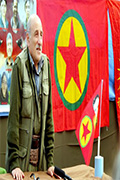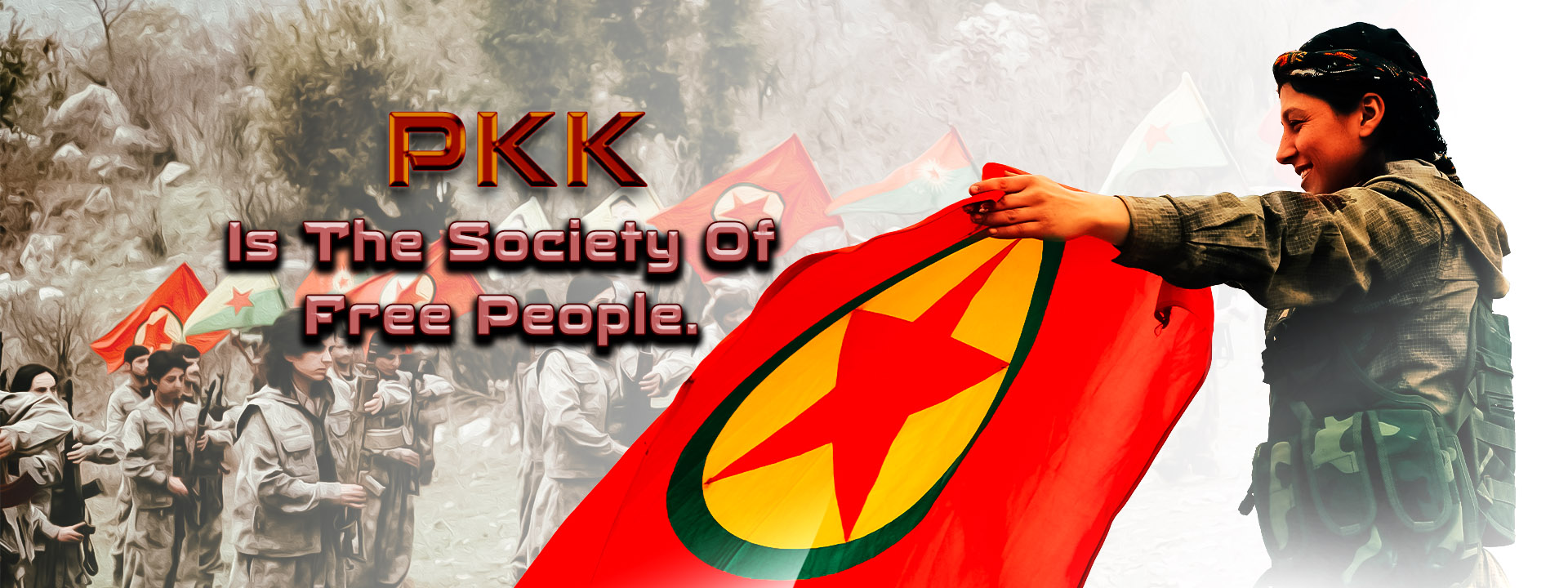 The need for a national congress for the national-democratic representation of the will of the Kurdish people is unquestionable. In this regard, the footing attained in the Summer of 2013 has now matured to an even further level. Many were expecting this historical dream to materialise; the inability in doing so, has left the Kurdish public disappointed.
The need for a national congress for the national-democratic representation of the will of the Kurdish people is unquestionable. In this regard, the footing attained in the Summer of 2013 has now matured to an even further level. Many were expecting this historical dream to materialise; the inability in doing so, has left the Kurdish public disappointed.
National unity is a historical problem for the Kurds. The incapability of unifying is one of the main reasons as to why the Kurds are still exposed to cultural genocide. One of the main ambitions of every national liberation movement has been to construct a national unity. The embodiment of this would be a national congress representing the national will.
At the beginning of the 1970s, freedom struggles were sprouting across all four parts of Kurdistan; these movements had targeted the establishment of a national congress in order to attain national unification. At the beginning of the 1980s there were efforts to form a national congress in exile. However, due to certain attitudes these efforts were in vein.
The wrong attitudes towards the Kurdistan National Congress consisted of deeming this project as a platform for domestic political calculations and internal conflicts. During the 1980s, both the KDP and the PUK were carriers of this attitude. In other words, they utilised this historical platform to fight out their internal differences.
On this subject, the PKK has adopted a true understanding of unity. Although it was a newer and younger movement, its understanding of unity was in line with its understanding of freedom. This was largely thanks to PKK leader Ocalan's deep-rooted patriotic consciousness.
The intensification of the national uprising in Northern Kurdistan and the inception of a new post-Gulf War status quo in Southern Kurdistan made national unity even more important which in turn made the establishment of a national congress even more important. This led to increased efforts from PKK leader Abdullah Ocalan in the quest for a national congress. However, the international conspiracy that began on the 9th of October 1998, ensured that these efforts were left incomplete. However, these efforts did result in the founding of what is today the Kurdistan National Congress (KNK).
The nation-state-like structure in place in Southern Kurdistan since 2003 and the revolution of 19 July 2012 in Rojava (Western) Kurdistan has made the establishment of a democratic national congress even more vital. The situations in the above mentioned parts of Kurdistan and the existing internal problems among the Kurds are all reasons that make a national congress a necessity.
Obviously, regional developments are also impacting on Kurdish requirements. The deductions of the gridlocked Third World War in Syria both presents a platform for development for the Kurdistan freedom movement but also presents a potentially endangering platform for Kurdish demands. This is another important reality that makes the establishment of a national congress crucial.
All of these circumstances formed the ideal setting witnessed in the Summer of 2013. Although historical necessities have become even more vital and although internal and external circumstances are now practically dictating the formation of a national congress, the KDP's unfortunate approach and impeding stance has deemed all efforts unsuccessful.
Statements made by the KDP on this subject are wrong and do not reflect the truth. Everyone is aware of the sensitivities of the Kurdish people when it comes to national unity, therefore, the KDP's statements are intended to mislead and cover their impeding stance. In order to complete the long-lived dream of national unity, the KDP's obstructive stance must be overcome.
The KDP's obstructive stance is firstly based on the name of the congress. Will the national congress be a Kurdish congress, or a Kurdistan congress? It is alleged that without first establishing a Kurdish national congress, it is unrealistic to establish a Kurdistan national congress encompassing all the peoples of Kurdistan.
Although at first glance this seems to be a reasonable objection, at closer inspection it is easily understandable that this is an anti-democratically charged nationalism. The right way is to intertwine Kurdish national unity and the democratic national unity of Kurdistan.
KDP administrators are also interjecting that the constituent make-up of the congress is also a problem. They allege that the PKK is demanding for more than half of the delegates of the congress in order to pass through its own agenda. As a matter of fact, it is not even possible to establish a national congress that works on majority decisions. The PKK's proposal is for a national congress that only works on unanimous decisions in which all members are in consensus.
The main reason as to why a national congress is unable to meet is due to differences in approaches towards the administration of the congress. The KDP's obstruction is based on this. The PKK's proposals in this regard are extremely reasonable and applicable. The PKK proposes a co-presidency model for the congress in order to ensure equal representation for women and for a more libertarian and democratic system in general. Furthermore, the PKK even proposed Masoud Barzani to be the founder president of the congress.
Despite this, the stance of the KDP has not been constructive. Firstly, it rejected the idea of a co-presidency without discussion. Instead, the KDP demanded that Masoud Barzani be the president of the congress on his own for four years. Whereas, even if not a co-presidency then at the very least a presidency council is required. Even so, it is extremely anti-democratic and therefore unacceptable for one person to hold the presidency for an uninterrupted term of four years. The PKK's proposal in this regard was for the presidency to be changed every year.
It is enough for the national congress to have certain fundamental responsibilities. This could be in the areas of diplomacy and defence, administered by an legislative organ. It is vital for Kurdish diplomacy and defence to be administered on a national level. It is also vital for all national policies to be coordinated by an executive committee.
It is worth noting that none of the above mentioned obstacles are obstacles that cannot be overcome. The overcoming of these obstacles will ensure the materialisation of this historical requirement. In this regard, all Kurdish parties, institutions and intellectuals must act responsibly and sensitively. This is a prerequisite for patriots and democrats.
Duran Kalkan - Member of the Executive Committee of the PKK



